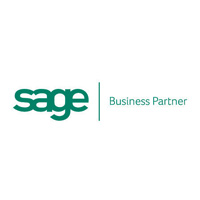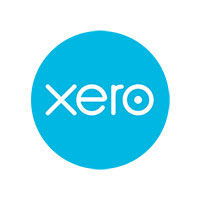
Effective immediately
- From 23 November 2016 to 31 March/5 April 2019, businesses will be entitled to a 100% First Year Allowance for the cost of installing electric charge-point equipment for electric vehicles.
- From 1 December 2016, income tax and CGT advantages of new shares issued in return for “employee shareholder status” will be withdrawn (shares already held not affected).
From April 2017
- Income tax rates and allowances confirmed as announced at Budget 2016: tax-free personal allowance will be £11,500, threshold for 40% tax will be £45,000.
- National Insurance thresholds for employers and employees to be made consistent at £157 per week (currently £1 apart at £155 for employees, £156 for employers).
- Tax and National Insurance advantages of “salary sacrifice” schemes to be withdrawn, apart from arrangements involving pensions, childcare, Cycle to Work and ultra-low emission cars.
- As previously announced, new trading and property allowances for £1,000 each for individuals with low levels of income from these sources.
- New tax-free childcare arrangements to be introduced on a trial basis in early 2017 and rolled out later.
- As previously announced, tax advantages of foreign domiciled status will be lost for those resident in the UK for 15 of the last 20 years, and UK property held by a foreign domiciled individual through offshore structures becomes chargeable to inheritance tax.
- ISA investment limit rises from £15,240 to £20,000 per year.
- Public sector employers become responsible for tax due from individuals working for them through personal service companies and similar arrangements.
- Limit on pension contributions for those who have already made a flexible income drawdown from a pension scheme will fall from £10,000 per year to £4,000 per year. Limit for those who have not made such a drawdown remains £40,000.
- Rural rate relief doubles to 100% to match small business rate relief.
- Benefit of VAT Flat Rate Scheme almost completely withdrawn for businesses spending less than 2% of their turnover or less than £1,000 per year on goods, excluding capital goods, food, vehicles and fuel.
- Reforms to restrict interest relief and relief for brought forward losses for corporation tax.
- From 1 June 2017, Insurance Premium Tax rises from 10% to 12%.
- New penalty for taking part in tax avoidance schemes that are held to be ineffective: VAT measures to be introduced from 1 September 2017.
- New penalty for being connected with a VAT fraud in circumstances in which the person “knew or ought to have known” that a fraud was going on to be introduced from Royal Assent to Finance Bill 2017.
From April 2018
- Class 2 National Insurance Contributions abolished; self-employed retain contributory entitlements through Class 4 NIC on profits or voluntary Class 3 contributions.
- “Making Tax Digital” reforms apply to income tax, according to present Government plans; responses to consultations on the proposals to be published in January 2017.
To be announced
- New measures to counter “disguised remuneration” schemes used by self-employed people and employers.
Please contact Mark Wildi on 01689 877081 for more information.




